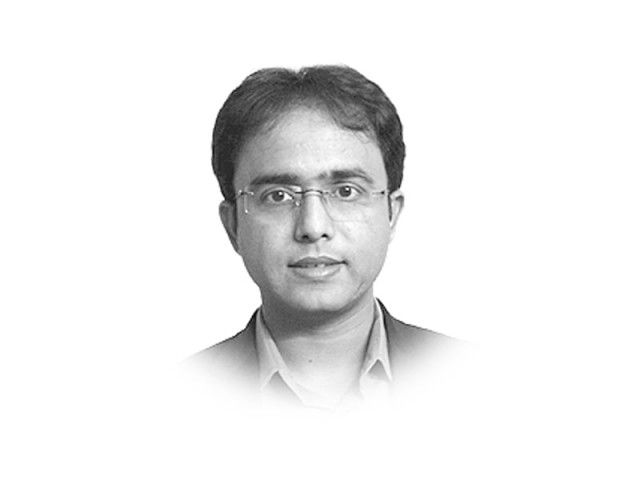Reforms for schools
With hotchpotch thinking and confused approaches we should only expect selected examples of improvements

The writer is freelance contributor on education. He works with the Education Fund for Sindh
The issue of out-of-school children is met with much debate in the country. Almost every education campaign — provincial, national or international — emphasises reducing the number of out-of-school children. But do we have authentic and reliable data in this regard? Who are these children and where are they? There has been no census since 1998 and, since then, policymakers have been using estimates — erratic figures that vary from organisation to organisation. Our Constitution stipulates that a census should be carried out after every decade but this is not happening.
Recently, a private organisation commissioned a survey to identify out-of-school children in Karachi. More than 50 union councils were surveyed out of a total of 178 in the city. The findings were very surprising and interesting because they indicated that hardly 0.1 million children enrolled across the city are those who are not actually attending school! Considering the estimates on out-of-school children statistics, with respect to Karachi, this is a very small number. So, shall we rely on the organisation’s findings or on traditional estimates? The dilemma is how to straighten priorities in the absence of data. Of which constitutional violation should we talk first: not providing free and compulsory education or not conducting a census?
Along with out-of-school children there is another equally important problem — the gap between enrollment and attendance. In most government schools, there is an average attendance of 30-40 percentage of enrolled students. Furthermore, there is the issue of double enrollment, which means students are recorded as enrolled in two different places. So this aspect of the problem should merit priority in the debate on education along with the poor quality of education.
The civil society has become vibrant and active in highlighting public issues. However, the civil society and donor organisations cannot be absolved from justified criticism. Despite their claims that they work for collective benefits of the community in under-privileged and uncharted areas, their actions are often guided by individuals and organisational interests — securing jobs as well as leadership roles, contracts and more funding for near and dear ones. Careful investigations will certainly lend credence to this observation. Businessmen, who have a lot of funds but no passion, are leading these ventures. And this is why despite there being so many NGOs, they have had little impact.
Apart from this, there is serious confusion and conflict in the government’s approach in addressing public problems. On the one hand, the government seems to be following the ethos of neo-liberalism by valuing competition and efficiency by allowing market forces to provide services in the arena of education and health. On the other hand, it brings about contradictory structural changes by reducing subsidies. Then the government goes on to spend a large proportion of its budget on defence at the cost of development projects. Moreover, government jobs are distributed amongst family members, relatives, party workers and cronies showing complete disregard for merit and competence. As a result, on a daily basis, we witness examples of inefficiency and institutional decay, as well as listen to stories about allegations of corruption. It is not clear whether we are a security state, welfare state or something else. With hotchpotch thinking and confused approaches we should only expect selected examples of improvements because fulfilling constitutional and political obligations requires clarity in thought and actions.
Published in The Express Tribune, March 19th, 2015.
Like Opinion & Editorial on Facebook, follow @ETOpEd on Twitter to receive all updates on all our daily pieces.














COMMENTS
Comments are moderated and generally will be posted if they are on-topic and not abusive.
For more information, please see our Comments FAQ